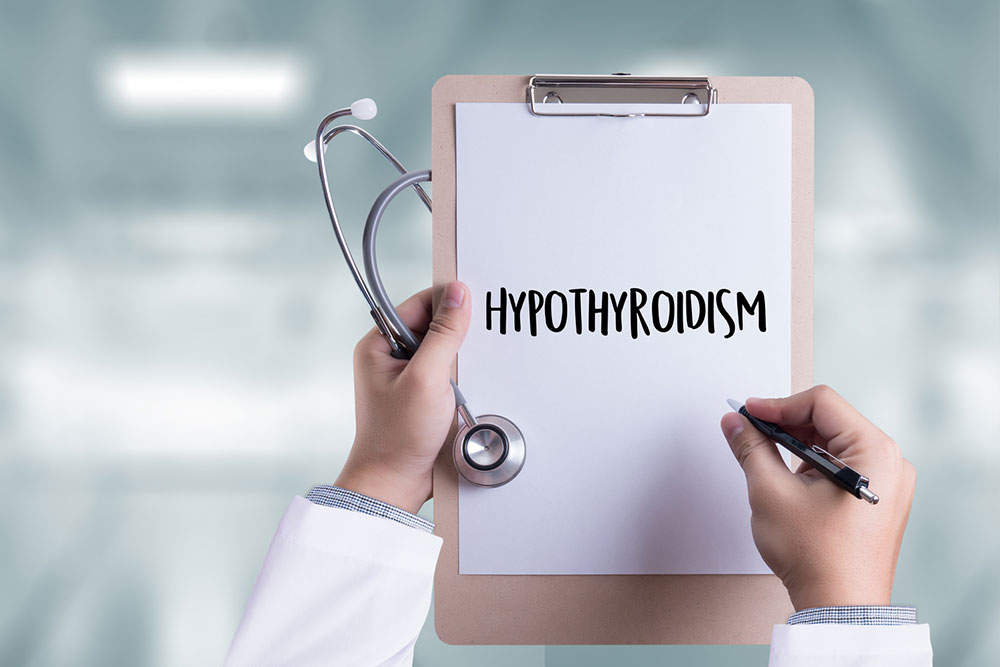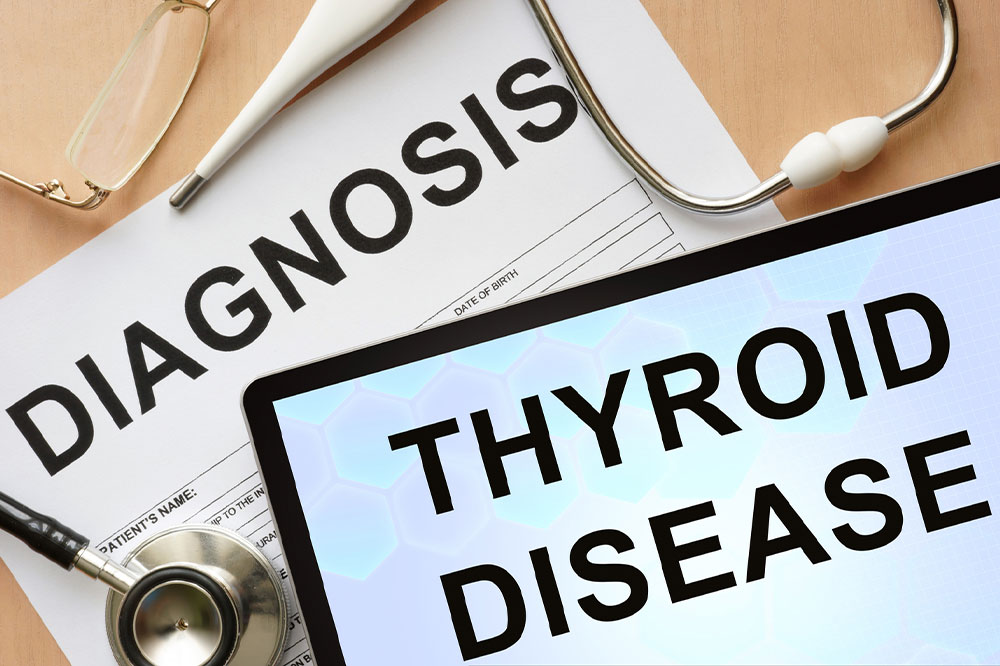Comprehensive Guide to Hashimoto's Thyroiditis: Causes, Symptoms, and Management
Hashimoto's thyroiditis is an autoimmune disorder impacting thyroid health, primarily affecting women with genetic predisposition. This comprehensive guide explores its causes, symptoms, risk factors, diagnosis, and management strategies for better understanding and treatment. Early detection plays a crucial role in preventing severe hypothyroidism and maintaining overall well-being through appropriate medical interventions. Learn about the nuances of this common thyroid condition and how to identify its signs effectively.

Comprehensive Guide to Hashimoto's Thyroiditis: Causes, Symptoms, and Management
Hashimoto's thyroiditis, also known as Hashimoto's disease, is a prevalent autoimmune disorder that affects the thyroid gland, an essential butterfly-shaped gland located at the front of your neck. This condition involves the immune system mistakenly attacking the thyroid tissue, leading to inflammation and gradual destruction of thyroid cells. The result is often hypothyroidism, a state where the thyroid fails to produce adequate thyroid hormones necessary for maintaining metabolism, energy levels, and overall health. Understanding the intricacies of Hashimoto's thyroiditis is crucial for early diagnosis and effective management.
Understanding Hashimoto's Thyroiditis
Hashimoto's thyroiditis is characterized by the immune system producing antibodies against thyroid antigens such as thyroglobulin and thyroid peroxidase (TPO). This autoimmune response triggers chronic inflammation of the thyroid gland, which can cause swelling, known as a goiter. Over time, the persistent inflammation damages the thyroid tissue, impairing its ability to produce hormones like thyroxine (T4) and triiodothyronine (T3). The decline in hormone levels leads to hypothyroidism, which affects various bodily functions.
Causes and Risk Factors
Sufferers of Hashimoto's thyroiditis often have unique genetic predispositions that make them more susceptible. Several factors contribute to the development of this autoimmune disease:
Genetics: If autoimmune diseases, particularly thyroid disorders, run in your family, your risk of developing Hashimoto's significantly increases. Certain gene variations associated with immune regulation, such as HLA-DR3 and HLA-DR5, have been linked to higher susceptibility.
Hormonal Influences: Women are far more likely to develop Hashimoto’s disease, especially during periods of hormonal fluctuation like pregnancy, postpartum, and menopause. Approximately 20% of women may experience thyroid-related symptoms shortly after childbirth, highlighting the strong hormonal connection.
Iodine Intake: While iodine is essential for thyroid hormone synthesis, excessive iodine consumption—whether through diet or supplements—can provoke autoimmune attacks in susceptible individuals. Both deficiency and excess iodine can disturb thyroid function, but excess iodine tends to be more problematic in predisposed persons.
Radiation Exposure: Exposure to high levels of radiation, such as nuclear accidents or certain medical treatments like radiation therapy, can increase the risk of thyroid inflammation and subsequent autoimmune reactions.
Additional risk factors include environmental toxins, chronic stress, certain medications, and infections that may trigger or exacerbate the autoimmune response.
Symptoms and Clinical Presentation
Hashimoto’s thyroiditis develops gradually, and early symptoms can be subtle, often mistaken for other conditions. Common signs and symptoms include:
Visible swelling in the neck due to goiter formation
Chronic fatigue and a generalized sense of tiredness
Unintentional weight gain despite unchanged diet or activity levels
Muscle weakness, aches, and stiffness
Digestive issues like constipation
Sensitivity to cold temperatures and cold extremities
Hair thinning or brittle hair
Irregular or heavy menstrual periods and fertility challenges
Slow heartbeat or depression
Dry, rough skin and cold intolerance
As the disease progresses, symptoms may worsen, and hypothyroidism becomes more pronounced. The development of a goiter may be the first noticeable sign, often accompanied by discreet symptoms that gradually impair daily functioning.
Diagnosis typically involves blood tests measuring levels of thyroid hormones, TSH (thyroid-stimulating hormone), and thyroid-specific antibodies. Imaging techniques such as ultrasound can also evaluate thyroid size and detect nodules or inflammation.
Understanding the causes, risk factors, and symptoms of Hashimoto's thyroiditis is vital for early detection and effective treatment. Management may include hormone replacement therapy, lifestyle modifications, and regular monitoring to maintain optimal thyroid function and improve quality of life.





